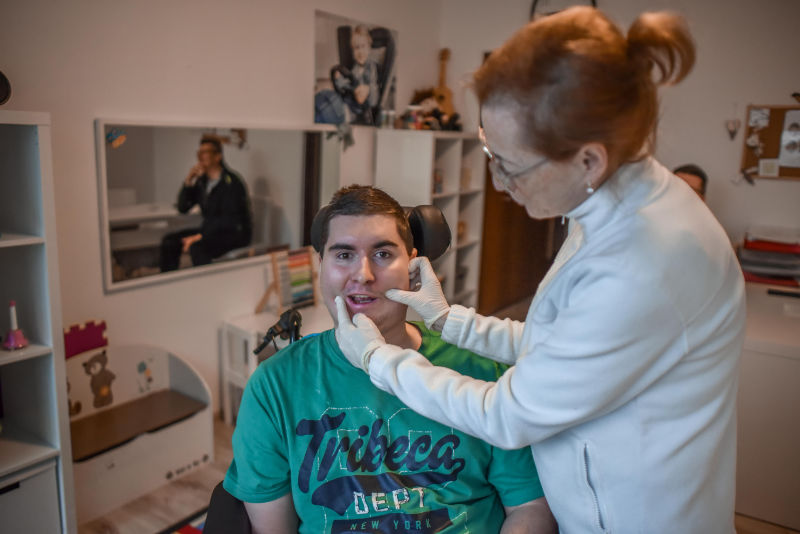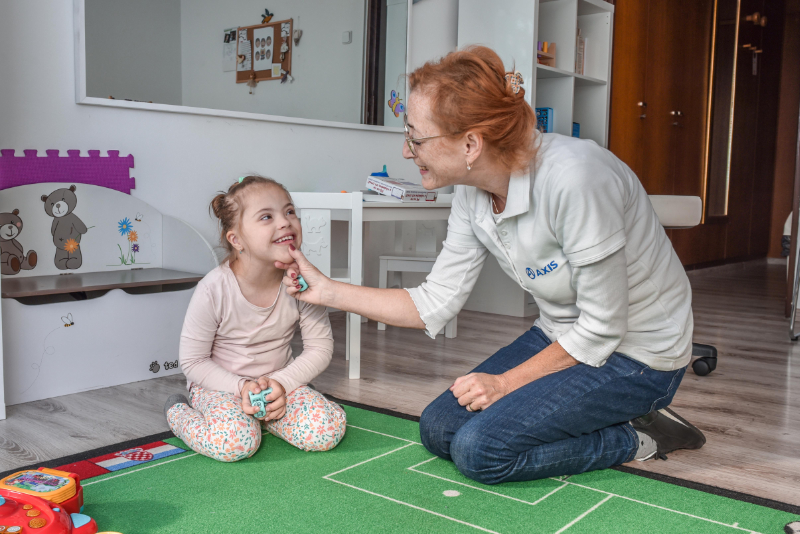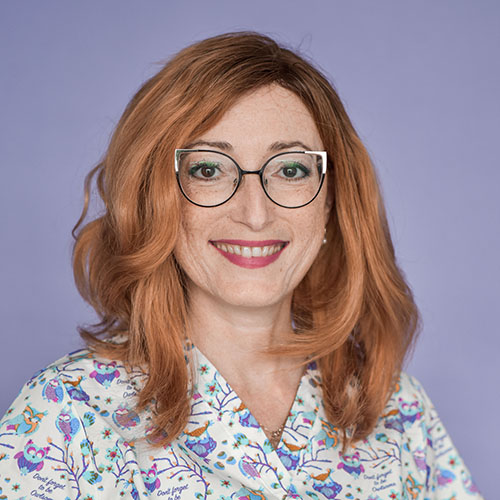
PaedDr.Adelaida Fábianová
Clinical speech therapy plays an important role in neurorehabilitation. A holistic approach is used to consistently diagnose and treat communication and speech disorders that may arise as a result of:
- Neurological disorders or brain damage where a large group of patients includes NCMP- cerebral infarction, traumatic brain injury, dementia, Parkinson’s disease, Sclerosis multiplex, ALS, waking coma and others.
- Neurodevelopmental disorders that significantly affect psychomotor development including communication skills and speech in children. Symptoms of impaired memory, comprehension, phonological discrimination of sounds and sounds, reading and writing skills, increased or decreased sensitivity, social and emotional aspects of communication are significant. These symptoms primarily accompany e.g. children with autism, ADHD, dyspraxia, dyslexia, DMO
- Genetic disorders (Rett syndrome, Prader Willy syndrome, Angelman syndrome, Down syndrome and many others)
- Myofunctional disorders (improper pressure of the tongue on the teeth during swallowing, flexion of muscle groups…..)
- Oncological diseases (brain tumors…)
A separate chapter are:
- Eating disorders in the sense of disturbed food processing in the mouth (imperfect chewing, biting, food falling out of the mouth, refusal of food of a consistency other than fine puree or penetration or aspiration of food is a common symptom of several primary diseases. Starting from premature babies, children with unclear diagnosis, with psychomotor delay, after craniotraumas, sudden strokes…
In the rehabilitation centre we deal with patients without age limitation.
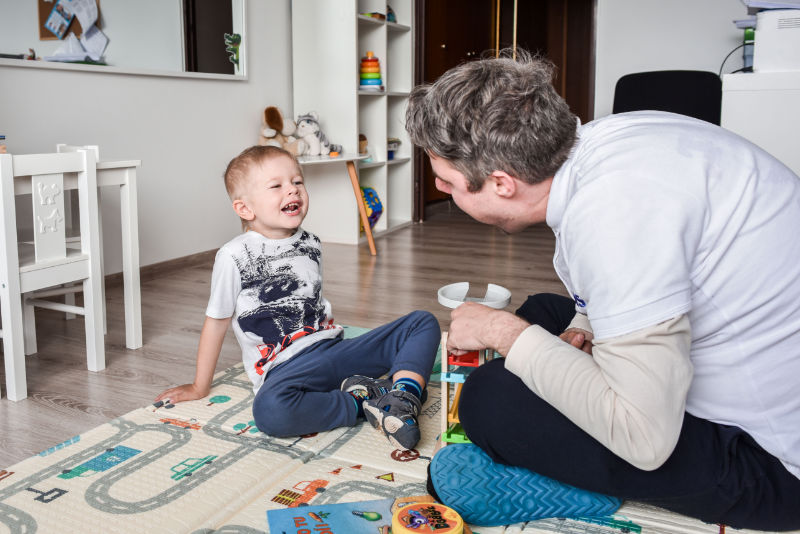
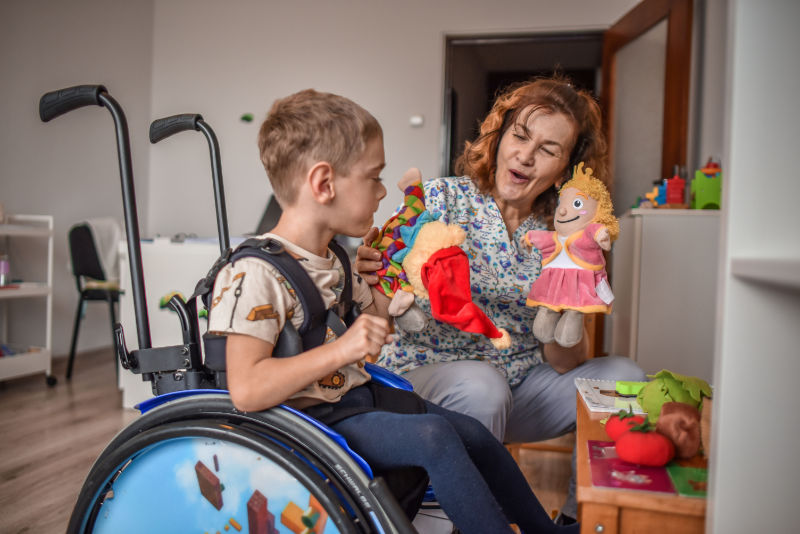
Particularly important is the speech therapy intervention in children at an early age. In this period, basic speech and language skills are developing, which have a significant impact on the child’s later communication and cognitive abilities. When working with children, the speech and language therapist focuses mainly on:
- Assessment of speech and language development: systematic assessment of speech and language development in young children. This assessment may include monitoring the development of phonology (speech sounds), vocabulary, grammar and the ability to communicate.
- Early intervention: early intervention effectively alleviates or eliminates problems before pathological patterns of speech, food intake become automatic.
- Feeding therapy: training in correct strategies during eating and drinking
- Development of phonological skills: the speech therapist helps children develop phonological skills, which are crucial for the correct recognition and production of speech sounds, which is important for the subsequent development of reading and writing.
- Family education: the speech and language therapist works with the child’s family to provide them with information and strategies to support speech and language development at home. Parents and other family members are key partners in the process of supporting the child’s communication skills.
The speech therapy team holds many certifications that qualify them to perform specific approaches. One of them is Orofacial and Intraoral Stimulation, the application of which eliminates pathological muscle tensions in the facial and articulatory areas while stimulating their proper movement.
